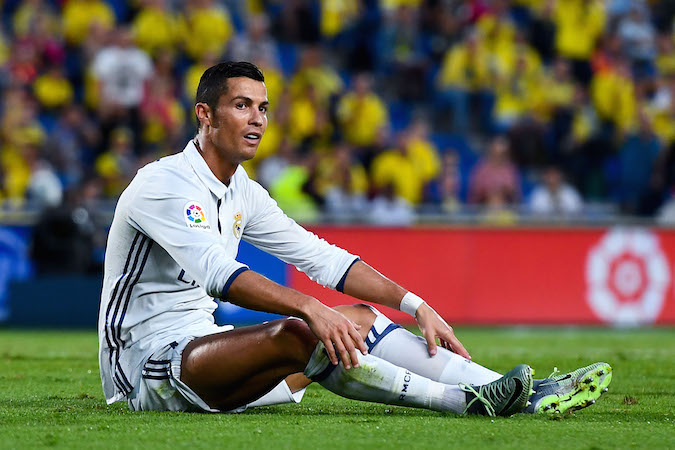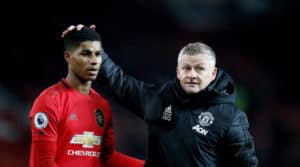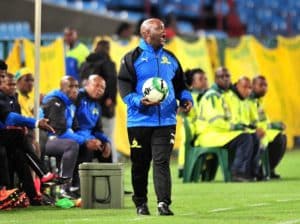Cristiano Ronaldo’s brilliance is undoubtable but the best may yet be behind, writes HENRY FAGAN.
There can be little question that Cristiano Ronaldo will go down in history as one of football’s all-time greats. The flagship of all mega-signings, the big name who heralded a new age of Galacticos across football’s elite, Ronaldo has been a hyper-successful goliath of the game for the best part of a decade.
A three-time Champions League winner and a recently crowned European Champion, the superstar’s antics has inspired millions the world over. But even as the Portuguese looks set to land his fourth Ballon d’Or award in January, it is time to concede he is not what he once was; the process of decline has already started overtaking him. This award, should he claim it, will likely be his last.
Now 31-years of age, Ronaldo’s days of surging up and down the flank, of the taking the game by the scruff of the neck, of almost singlehandedly crushing the opposition, are behind him. Make no mistake; Ronaldo remains one of the most deadly and prolific goal scorers in world football. But when once he was lauded as a supreme individual; capable of turning the game on its head with his irrepressible dynamism and catalytic drive, today his role has diminished to that of the deadly finisher. No more is Ronaldo capable of carrying the team upon his shoulders.
The first signs of lethargy had begun to set in during Carlo Ancelotti’s tenure as Real’s boss. Recognising Ronaldo’s declining mobility and verve out wide, the Italian at times adopted a 4-4-2 formation in place of Los Blancos’ customary 4-3-3. With Ronaldo operating as more of a second striker – where he had less defensive responsibility and leg work – he continued to capitalise on his tremendous goal-scoring prowess, in no small part enabled by Los Blancos’ magnificent supporting cast.
Following Rafael Benitez’s unsuccessful offensive-defensive balancing act in Ancelotti’s wake, the Spaniard’s successor Zinedine Zidane inspired somewhat of a renaissance in Ronaldo’s form by moving him back out wide, letting him forgo his defensive duties and drift around the edge of the box. The tactic appeared to work as Ronaldo hit a late purple patch, lifting him clear of the 50-goal mark.
But following a mediocre performance in Portugal’s surprise European success, Ronaldo has returned to the Spanish capital well below his best. Aside from a dominant hat-trick against Alaves, the club’s talisman has contributed little by his own phenomenal standards. Indeed, Ronaldo has largely been wasteful, missing chances with regularity and contributing to a newfound disjointedness in Real’s forward line.
Could the decline begin affecting his scoring ability too? The limited evidence on hand suggests it already has.
Seven goals from 12 appearances may look respectable – but the figure falls short the Portuguese’s astounding goal-a-game record at the club. Meanwhile, while arch-rival Lionel Messi continues to run the show at Barcelona, Gareth Bale has arguably already superseded Ronaldo as Real’s go-to guy in times of crisis. And the clock is ticking …





